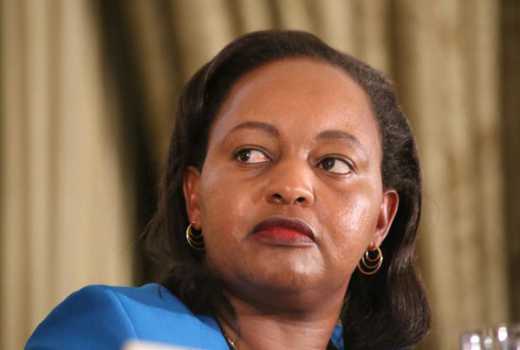
They call it cognitive dissonance. That mental discomfort experienced by a person who’s struggling to reconcile her values, beliefs and ideals with reality. It is internal conflict that arises when one’s own behaviour - or the behaviour of those held in high esteem - contradicts with what one knows to be true.
This inner conflict and mental discomfort, will usually lead to a change in attitude as a means to ease the angst, and to restore the internal balance where one’s behaviour and beliefs are in harmony. The psychological term for harmony – or peace – is cognitive consistency.